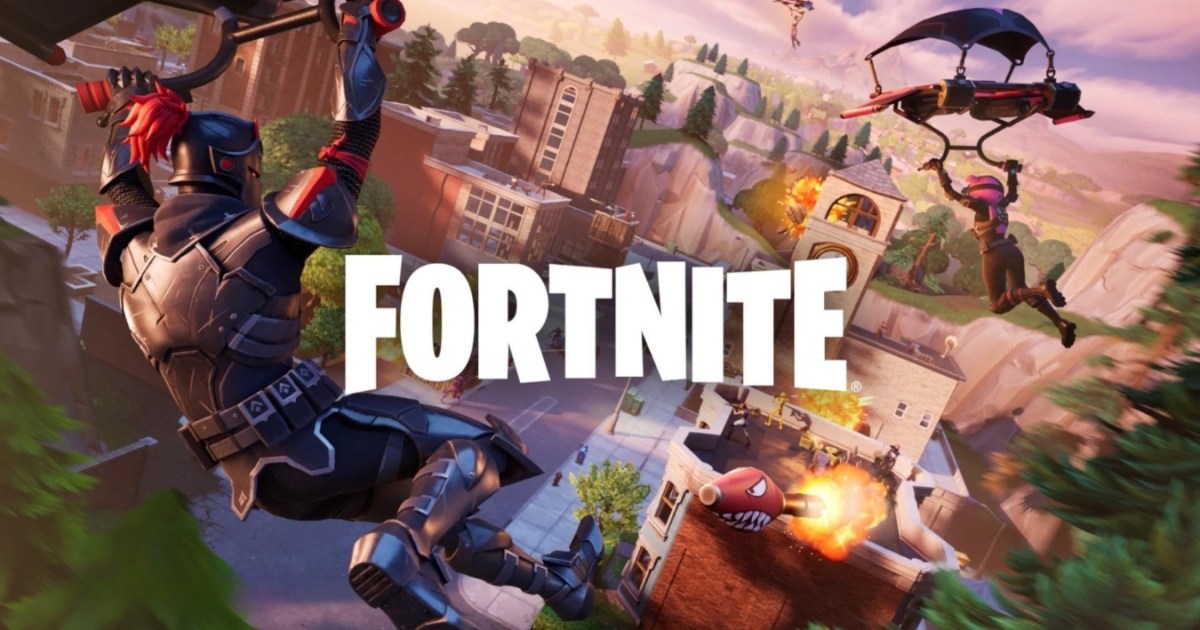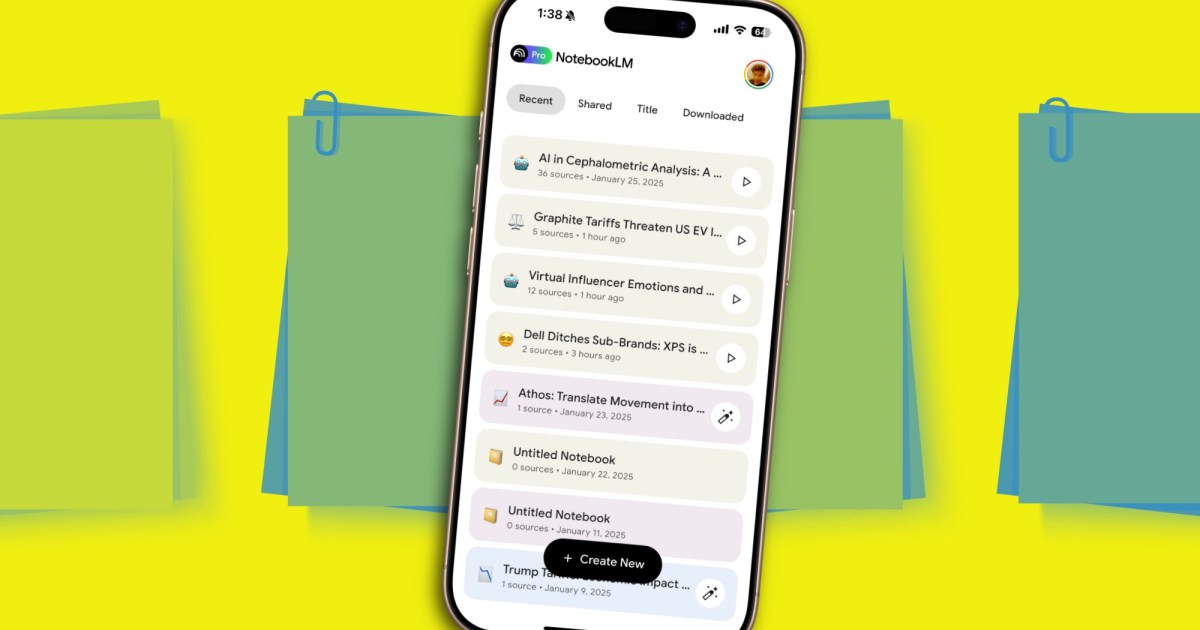Fortnite, the popular battle royale game, has made its return to the US App Store after a nearly five-year absence following a legal dispute with Apple. This comeback follows a court ruling that compels Apple to allow external payment links in apps, bypassing Apple’s in-app purchase fees.
The return is currently limited to the United States. If you search for Fortnite on the App Store outside the US, it won’t appear in the results. This limited availability underscores Apple’s ongoing legal battles in other regions. However, players in regions like the European Union can still access the game through alternative platforms like the Epic Games Store and AltStore.
Fortnite’s removal from the App Store in 2020 stemmed from Epic Games’ implementation of a direct payment system, violating Apple’s App Store rules. Epic Games CEO Tim Sweeney celebrated the game’s return on X (formerly Twitter), thanking supporters who championed open mobile competition and the #FreeFortnite movement. He also acknowledged those who initially sided with Apple but eventually supported app developer and consumer rights.
The recent court ruling marks a significant victory for Epic Games. It forced Apple to comply with a 2021 injunction that prohibited the tech giant from restricting competition and alternative payment methods within its App Store. The court found Apple in violation of this injunction, leading to Fortnite’s reinstatement and the allowance of external payment links.
Judge Yvonne Gonzalez Rogers, who presided over the case, strongly criticized Apple for deliberately undermining the 2021 injunction, accusing the company of maintaining a multi-billion dollar revenue stream in violation of the court order. The judge’s criticism extended to referring an Apple executive for a criminal contempt investigation.
This legal battle between Epic Games and Apple represents a pivotal moment in the ongoing struggle between app developers and platform owners. The case highlights issues of control, competition, and the right to offer alternative payment options outside of closed ecosystems. The ruling has implications for the future of app distribution and the balance of power within the digital marketplace.











